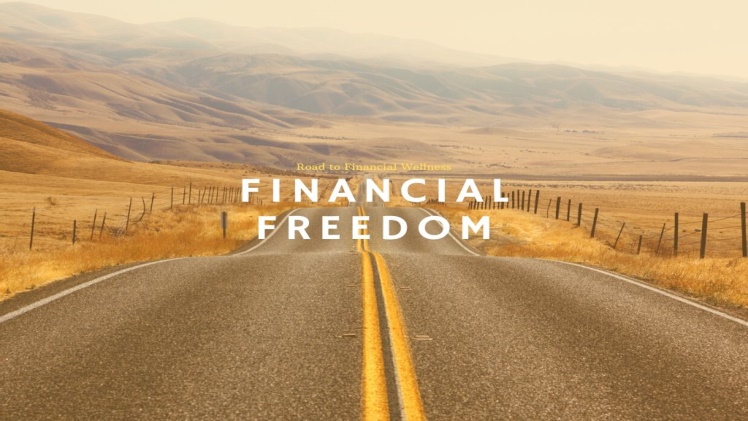Who does not adore the concept of financial independence? Think of never needing to work a traditional 9–6 job to earn a paycheck and support your family. Instead, you’ll spend your days concentrating on what you genuinely enjoy doing. Contrary to popular belief, this mentality is not exclusive to elderly Filipinos approaching retirement. Your income and savings are what determine financial freedom, not your age. Many financial institutions have enticing offers, such as the Chase sign-up bonus. But don’t immediately jump in. This article will provide guidelines; anyone of any age can get on the road to financial freedom.
-
Grow your income
Your initial revenue will primarily be derived from your paycheck. You will need to start participating in the marketplace by exchanging your time for money, just like everyone else going through the early stages of financial independence. However, this is not just about your employment. It might also be your side businesses, where you use the skills you acquire at work to earn more money.
The objective is to eventually make enough money to develop the habit of saving. In the beginning, you’ll inevitably only be able to get by. Still, as you climb the ladder and advance in your job, your economic premium will rise, allowing you to develop the habit of saving.
-
Savings and Emergency Fund
Before you start investing, you should definitely put together a fund for emergencies. A savings account for emergencies is essential in case you lose your job and have trouble finding another one. It’s also helpful if one of your income sources falls through and your total income isn’t enough to cover your household’s costs.
We suggest putting away at least three to six months’ worth of monthly bills. In reality, you’re investing in your peace of mind. Put these funds into a savings account and don’t touch it except in case of an emergency. This money should keep you and your family going until you can find another way to make money.
-
Invest
Once you’ve set up your emergency fund and saved enough money to feel comfortable investing, you can look at all the different ways to invest on the market. What you invest in will depend on how much money you have, how willing you are to take risks, and whether you want to invest for the short term or the long term.
There are many options, including stocks, bonds, mutual funds, Unit Investment Trust Funds (UITF), time deposits, properties for rent, or even a side business.
Your investments should be spread out as much as possible. As they say, don’t put your eggs in one basket. No type of investment is a sure thing, so diversifying your investments can help you compensate for losses if one of your other investments doesn’t work out.
-
Grow more!
Once you’ve tried a few different investments, you’ll want to keep adding to your portfolio until your investments bring in more money than your salary. This could take years, especially if you choose low-risk and low-return investments. But you could grow your income much faster if you can wait or are willing to take risks on long-term investments with high risks and rewards.
When you’ve saved enough money, and your investments are bringing in more money than your regular employment, you can quit your job and accomplish the things you really want to do with your life. You should be able to keep yourself and your family financially stable with the passive real estate investing.
Conclusion
You’ll know you’ve reached financial freedom when you no longer need to work for money. Focus on developing your passions, spending time with loved ones, and exploring new experiences. Depending on how much you have prepared to put into investing and achieving financial independence, you may be able to do so in your late 30s or later years.

